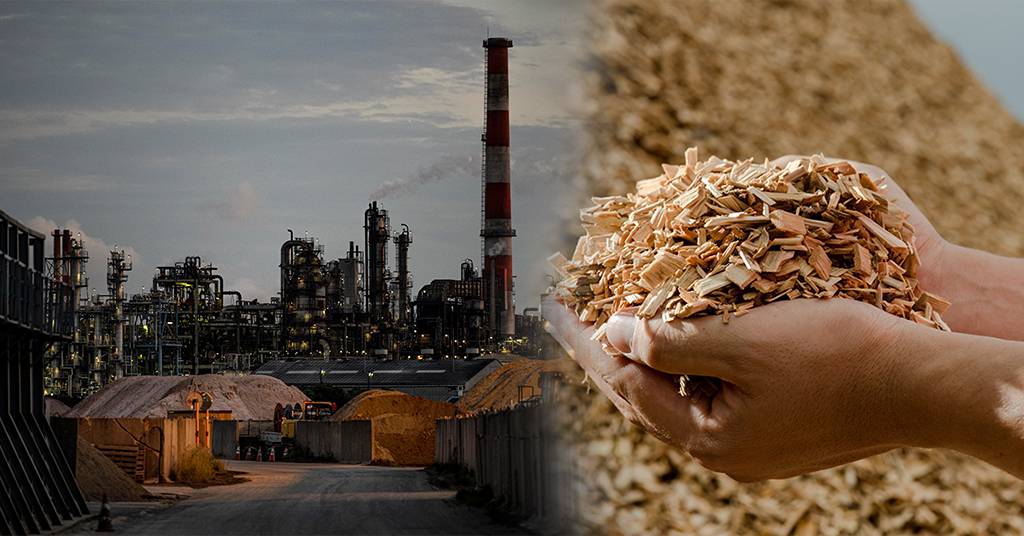Welcome To ChemAnalyst

The European Union (EU) has made remarkable strides in its pursuit of lower coal and gas consumption in the power generation sector in 2023. Simultaneously, it has achieved record-high levels of solar and wind electricity production, marking a significant milestone in the transition to cleaner energy sources. These developments not only diversify the energy mix but also reduce the EU's dependence on imported fossil fuels.
A recent briefing conducted by the Centre for Research on Energy and Clean Air underscores the profound significance of these accomplishments. In the month of August 2023, the substantial growth in solar and wind electricity generation across EU member states resulted in the displacement of an impressive 18 terawatt-hours (TWh) of fossil gas consumption. To contextualize this achievement, it's essential to note that this displacement is equivalent to a substantial 54% of the total fossil gas imports received from Russia, amounting to 33 TWh. These imports were facilitated through both pipelines and liquefied natural gas (LNG).
While the achievement of displacing such a significant amount of fossil gas consumption is indeed a cause for celebration, it is equally vital to acknowledge that further investments in renewable energy sources (RES) are imperative. The European Union must complement its achievements with additional policies aimed at expediting the transition to clean energy. Such measures are indispensable not only for reducing the EU's dependence on Russian fossil fuels but also for disrupting the financial lifeline that these fuels provide to Russia's actions in Ukraine.
The continuation of investments in renewable energy by the EU promises to yield far-reaching benefits. Primarily, these investments will contribute significantly to a reduction in carbon emissions, aligning the EU with global efforts to combat climate change. Moreover, the transition to cleaner energy sources will lead to enhanced air quality, which, in turn, will yield improved public health outcomes. Additionally, this shift towards renewables will bolster energy stability, reducing the vulnerability to supply disruptions. Perhaps most notably, it will diminish Russia's capacity to finance its activities, including its ongoing involvement in the conflict in Ukraine.
In summation, the European Union's achievements in lowering coal and gas consumption in power generation while concurrently reaching record levels of solar and wind electricity production are commendable milestones in the pursuit of a sustainable and independent energy future. Nevertheless, the journey toward cleaner energy sources and reduced dependence on fossil fuels demands further investments in renewable energy sources and the implementation of policies that expedite the transition to clean energy. These efforts are pivotal not only for securing the EU's energy future but also for fostering environmental sustainability, improving public health, enhancing energy security, and curtailing Russia's ability to finance its actions, including its ongoing involvement in the conflict in Ukraine.
We use cookies to deliver the best possible experience on our website. To learn more, visit our Privacy Policy. By continuing to use this site or by closing this box, you consent to our use of cookies. More info.
